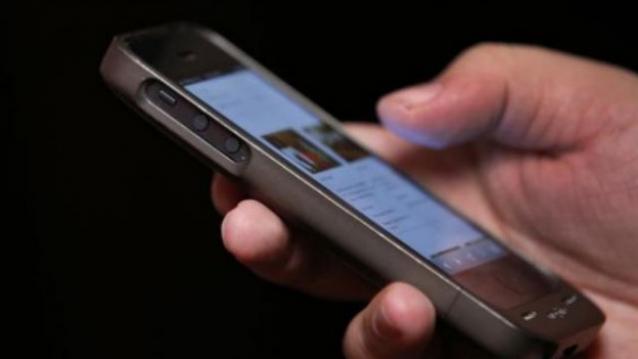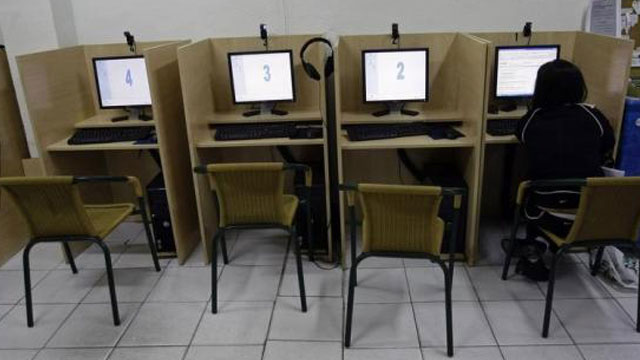Who can deny the cause for free internet access? Especially in emerging economies. It is a noble cause and must be supported in every possible way. But given the fact that there is such vocal opposition to the proposal, it must make anyone wonder. Why do people have a problem when someone known for Candy Crush requests is finally doing something worthwhile?
Internet is nearly as necessary as food!
To understand why such a ‘noble’ cause has created such controversy, we’ll have to look at an analogy. Consider this. Every hungry person in the world needs access to food. Everyone agrees. Then a burger company says the same thing. Everyone goes up in arms. At least those looking at hard facts would.
But nothing is ever free!
Then the burger company makes a proposal. It has a solution to global hunger. You get to see sealed boxes of burgers. Anytime. You even get to see burgers, mayonnaise, and crunch onions and dripping cheese. You’re provided access to a laptop that can connect only to the burger company’s website. You can browse as much of the burger company’s website as you want. When you’re hungry (or are engineered to be hungry) and want to eat, you need to pay.
That’s when the burger company claims it is accomplishing a noble task of giving internet access to the less privileged in remote corners of the planet. That’s pretty much what happens with the free service by Facebook (or is perceived to be). There have been better ideas that have been thought of, but none have been successful. Among the few efforts to get remotes regions of Africa connected is satellite internet services. An example is Wafa, offering free hardware but the pricing still being prohibitive. Similarly, the FCC, Comcast and Google Fiber have had efforts targeting the low income group in the US to offer affordable access to the internet.
The same stands true with free internet
Consider the way Basics is designed, you could access a minimal, read-only version of Facebook. That means you could see highlights from your contacts but not interact with them. The conflict of interest here is with the fact that Facebook runs an internet service. One of the largest in fact. However, being on Facebook won’t really further the cause of humanity. A far more commendable effort is Wikipedia! It also offers zero tariff access to the open encyclopedia service. Or may be KhanAcademy. Or TED. Or MIT OpenCourseware. Or, the millions of resources out there. That’s exactly where the concept of net neutrality stands out.
The internet is free, but free(dom) comes at a cost
Subjective selection of services based on what an individual selector or group of selectors believe is the best for a market of internet consumers; will ultimately result in doubting the intention of such a move. That’s the reason the Net Neutrality debate became so vocal and active. Users have and must continue to have the freedom to choose the service they need. They must also have affordable, if not free, access to the internet.
It’s probably only a matter of time before the FTC and the EU took a closer look at Facebook influencing mobile operators to offer preferential treatment to its services over others. Interestingly, the region where internet.org or the rechristened ‘Basics’ operates isn’t high on the priority of these watchdogs. So unless someone like the Competitions Commission of India (CCI) takes a closer look at the activities of Facebook in India, we won’t hear too much about internet.org anytime in the future.
There is a need for neutrality
Had an entity such as an engineering/manufacturing company decided to offer free internet access in India, that would have been lauded. It is the need of the hour. It would have resulted in widespread appreciation. But an internet services company saying you get read only access for free (for the sake of simplicity) and need to purchase a plan for engaging seems more like tempting a user with a nugget under the guise of doing good.
Fundamentally, that’s where the problem is. Enable people to use the tool the way they want. For the concern that there would be misuse, there’s a simple solution. Limit premium or high definition video. Standard low bandwidth editions could be made available. Perhaps that’s what Facebook thought of accomplishing. But clearly it failed in communicating the proposal effectively. More so, it has to deal with the earnings internet service providers would expect. In this case, cellular operators.
If there is one area Facebook needs to be commended is for thinking of the opportunity that lies in that area. And that opportunity exists because the forces that be failed. Had an effective deep level internet penetration existed, Facebook wouldn’t have thought of internet.org in India. Having lesser internet penetration than Sudan, Syria and such other countries must be a reason of deep thought for a nation such as India which aims to be an IT superpower.
If anything, India needs to ramp up its network and grant widespread access to internet as it looks to take on the challenges of the next millennium. Rather than the appreciation of a service, India needs to create a backbone network that reaches each of the villages and gram panchayats so that school children can learn in new ways. Sure, they may discover Facebook, and be scarred by Candy Crush invites. But they would also discover a vast treasure house of information call the Internet that was never available to them, ever before. If anyone enables this, it must be appreciated. Be it Facebook, the Government, or any other entity!


